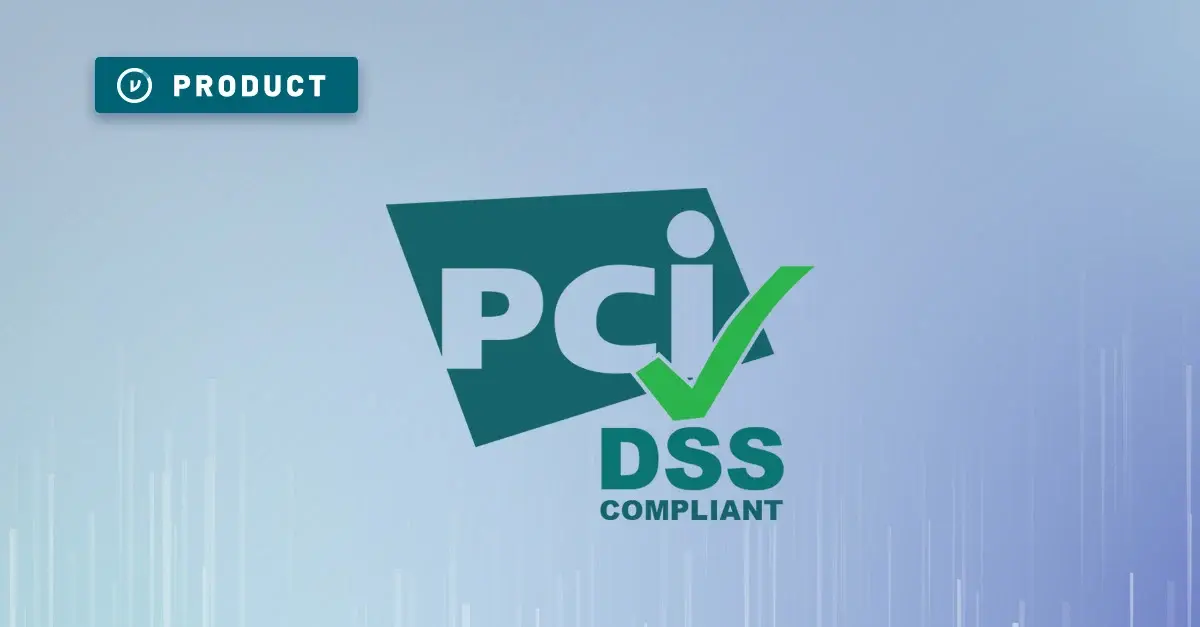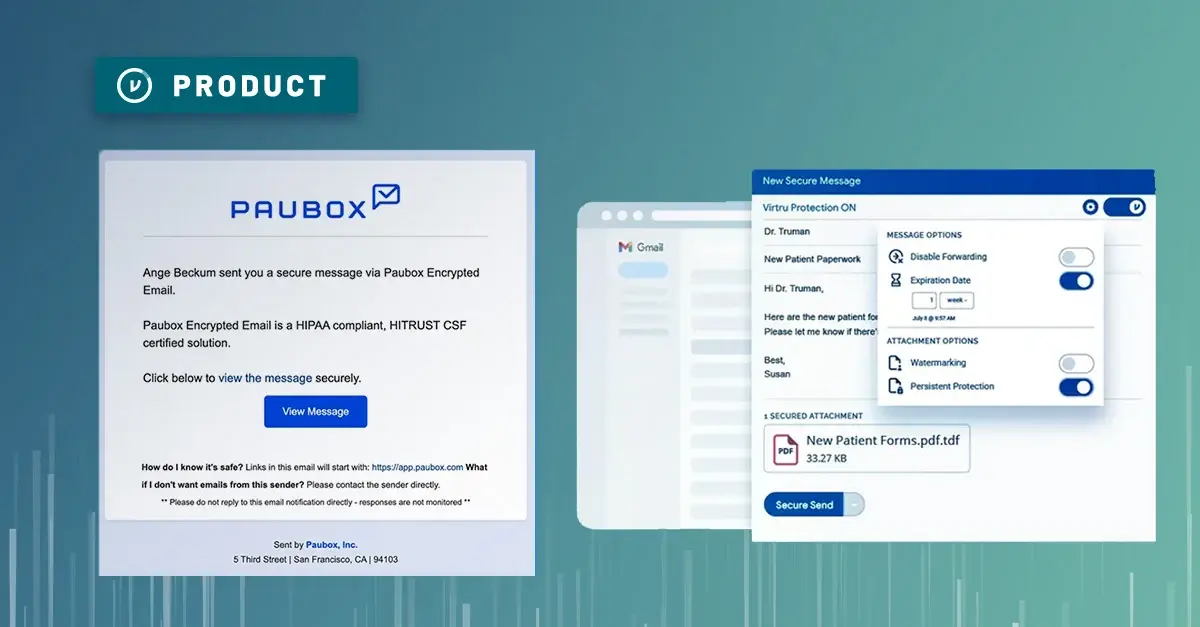We’re currently living in a nightmare. One created by the US government's overreliance on Microsoft products and services. And it’s time to wake up.
As highlighted in a recent Wired article, Microsoft's systems have been repeatedly compromised by foreign hackers, exposing sensitive government data and leaving officials vulnerable. Despite the tech giant's failures, the government remains heavily dependent on Microsoft, unable to hold the company accountable.
This state of affairs is not unique to the government. Many commercial organizations have gone all-in with Microsoft, creating a monoculture that poses significant risks. In the past 24 months alone, there have been over 1,200 Microsoft vulnerabilities reported, affecting millions of users and organizations. From the SolarWinds hack to the Exchange Server breach, the consequences of this overreliance have been severe.
The Perils of the Microsoft Monopoly
Microsoft's prevalence has made it an irresistible target for cybercriminals and nation-state hackers. In July 2023, a China-based adversary gained access to the email systems of several U.S. government agencies and think tanks, affecting approximately 10,000 organizations. The hackers exploited a vulnerability in Microsoft's Azure cloud computing platform, spotlighting the dangers of concentrating sensitive data in a single vendor's hands.
The problem is compounded by the government's lack of leverage. As the Wired article notes, Microsoft is by far the US government's most important technology supplier, powering computers, document drafting, and email conversations everywhere from the Pentagon to the State Department to the FBI. This dependency has led to a reluctance among officials to criticize Microsoft publicly or demand significant changes.
Balancing Zero Trust Security with Zero Trust Data Sharing
To break free from the Microsoft monoculture, organizations must adopt a more balanced approach to Zero Trust security. While 98% of annual cybersecurity budgets are focused on protecting against external threats, or playing defense, only 2% is dedicated to playing offense via intentional secure data sharing. This myopic approach leaves organizations in a constant responsive state, and lacks proactive effort to drive value and improve efficiency.
Forward-thinking organizations recognize the need to balance Zero Trust data security (defense) with Zero Trust data sharing (offense). By integrating granular, cryptographic controls into major collaboration channels like email, files, and SaaS apps, they can share sensitive data with partners while maintaining compliance, privacy, and control.
Virtru's data-centric security solutions, powered by the Trusted Data Format (TDF), provide the tools organizations need to take a proactive stance. With Virtru, you can automate encryption for sensitive data, enforce granular access controls, and maintain visibility and auditability. By hosting your own encryption keys with the Virtru Private Keystore, you can ensure that your data remains secure even if Microsoft's defenses fail.
The Consequences of Inaction
The US government's Microsoft problem is a cautionary tale for all organizations. Overreliance on a single vendor creates a monoculture that is vulnerable to attack. As the Cyber Safety Review Board report notes, Microsoft's security culture is inadequate and requires an overhaul.
The consequences of inaction are severe. In the past few years alone, we've seen:
- The SolarWinds hack, where Russian operatives gained access to government networks through Microsoft's cloud platform
- The Microsoft Exchange Server breach, where Chinese hackers exploited vulnerabilities to compromise thousands of organizations
- The BlueBleed data leak, where a misconfiguration in Microsoft's Azure Blob Storage service exposed the personal data of over 548,000 users
Recommended reading: A Timeline of Microsoft Data Breaches in the Past 24 Months
Taking Control of Your Data Security Destiny
By embracing open standards like TDF and layering data-centric protections on top of Microsoft's offerings, organizations can reduce their exposure to risk and maintain full control over their sensitive information.
Virtru's solutions make it easy to implement a balanced Zero Trust strategy that prioritizes both defense and offense. Whether you're looking to protect data in Microsoft 365 Outlook, automate encryption for sensitive data leaving your organization, or host your own encryption keys, Virtru has you covered.
Don't let the Microsoft monoculture put your organization at risk. Take a proactive stance and shift some of your risk away from Microsoft. Contact Virtru today to learn how our data-centric security solutions can help you play better Zero Trust offense and activate your most valuable asset: your data.



/blog%20-%20HIO%20Maya%20HTT/Maya-HTT-Level-2-lessons%20copy.webp)

/blog%20-%20cmmc%20level%203/CMMC-LEVEL-3.webp)

/blog%20-%207%20Healthcare%20Vulnerabilities/7-hipaa-vulns.webp)
/blog%20-%20please%20delete%20that%20email.%20domain%20wide%20protection/please-delete-that-email.webp)
/blog%20-%20next%20breakfast/next-breakfast-2.png)
/blog%20-%20microsoft%20bitlocker/microsoft-bitlocker.webp)

